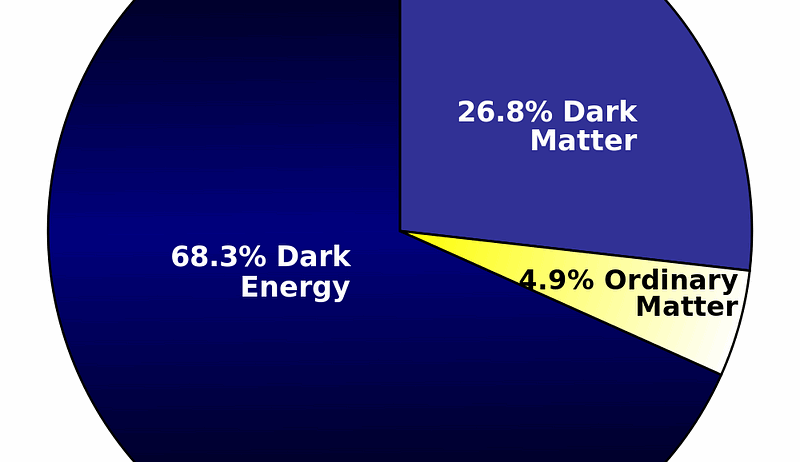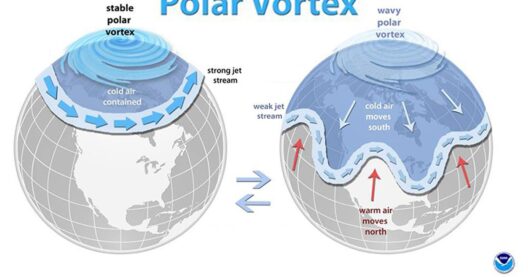When contemplating the universe, one might imagine it as an intricate tapestry woven from the threads of energy and matter. This vast expanse, filled with celestial wonders and enigmatic phenomena, invites the question: is energy conserved in the universe? To address this inquiry, one must navigate the complexities of physics, cosmology, and the very fabric of reality.
The principle of energy conservation forms the cornerstone of classical physics; it posits that energy cannot be created or destroyed, only transformed from one form to another. Imagine the universe as a grand ballet, wherein energy pirouettes from kinetic to potential, from thermal to electrical, seamlessly transitioning through the myriad forms it can assume. However, this classical understanding encounters formidable challenges when examined through the lens of modern cosmology, particularly in a universe that is not static but rather dynamic and expanding.
At the heart of this discussion lies the enigmatic concept of dark energy. This mysterious force, which composes approximately 70% of the universe’s total energy density, is responsible for the accelerated expansion of the cosmos. Dark energy serves as an agent of expansion, akin to a hidden hand pushing galaxies apart. As the universe stretches, questions arise: Does dark energy adhere to the laws of conservation? Or does it imply that energy behaves differently on cosmic scales? As this galactic dance unfolds, one must grapple with the unsettling implications that challenge the traditional notion of energy conservation.
On a cosmological scale, the law of conservation of energy appears more complex than the neatly defined parameters of classical physics. The expanding universe presents a paradox; as more space emerges, dark energy manifests, seemingly out of nowhere. It can be likened to a magician pulling unending ribbons from a hat, raising unsettling questions regarding our understanding of energy conservation. Various hypotheses attempt to reconcile these phenomena, yet they remain speculative, captivating the minds of physicists and cosmologists alike.
Moreover, in the realm of general relativity, energy conservation takes on a nuanced form. Here, the principle of energy conservation does not universally apply across dynamic spacetime. In simple terms, local conservation laws, upheld by the symmetries of spacetime, stand in stark contrast to the global implications of cosmic energy. This discrepancy eludes simple categorization and fuels philosophical debates about the nature of reality. The universe itself becomes a character in an elaborate narrative, defying neat categorizations and inspiring deeper inquiry.
Further complicating this narrative is the phenomenon of black holes. These gravitational leviathans demonstrate that energy can indeed be lost to the observable universe. When matter falls into a black hole, it appears to vanish, contributing to a broader understanding of how energy behaves under extreme conditions. Theoretical frameworks, such as Hawking radiation, tentatively propose that black holes may emit energy, revealing a deeper interplay between quantum mechanics and gravitational forces. The duality of energy gain and loss in these cosmic spectacles piques curiosity and engenders further exploration.
In the context of quantum mechanics, energy conservation takes on yet another layer of complexity. Quantum fluctuations introduce probabilities that can alter the perception of energy conservation on minuscule scales. Particles emerge and vanish within the quantum foam, subtly challenging conventional perspectives on stability and permanence. Here, the very act of observation alters the dynamics of energy, suggesting that at the quantum realm, the tapestry of the cosmos is woven from threads of uncertainty.
As we strive to comprehend the nature of energy on a universal scale, it is paramount to acknowledge the limitations of human understanding. The laws of physics are not immutable commandments, but rather, they evolve alongside our expanding knowledge of the cosmos. New discoveries, such as gravitational waves and insights from particle physics, continue to reshape our comprehension of energy conservation. The journey towards understanding energy conservation is akin to navigating an uncharted sea; each wave of discovery carries us further from the shores of certainty, inviting further exploration.
Despite the intricacies and paradoxes, the pursuit of understanding energy in the cosmos remains a profoundly intriguing endeavor. The implications of these explorations extend beyond the bounds of theoretical physics; they weave into the very fabric of our existence. The delicate balance of energy shapes ecosystems, drives climate patterns, and influences the trajectories of celestial bodies. As stewards of our planet, acknowledging the paradoxes and mysteries of energy conservation compels us to act with a sense of responsibility toward our environment. Our actions ripple through the cosmos, shaping both current and future realities.
In conclusion, querying whether energy is conserved in the universe transforms into a myriad of questions that probe the boundaries of our understanding. The interplay of dark energy, black holes, and quantum phenomena presents a tapestry of complexity that continually evolves. Engaging with these concepts not only ignites curiosity but also inspires a deeper appreciation for the universe and our connection to it. While the certainty of energy conservation on a cosmic scale remains elusive, the quest for knowledge illuminates the path ahead, guiding humanity to contemplate its role within the grand cosmic narrative.






